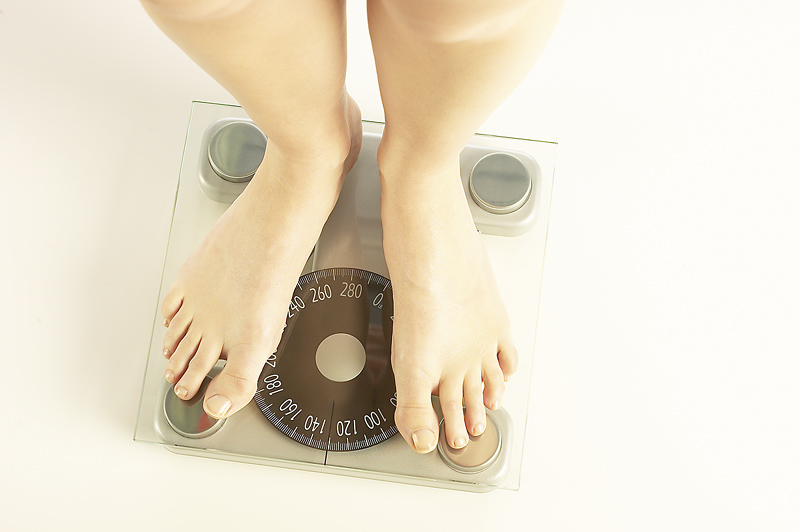MONDAY, Oct. 12, 2015 (HealthDay News) — Relaxing with a glass of wine at the end of the day may help improve heart health and blood sugar levels for people with type 2 diabetes, new research suggests.
Red wine was better at improving cholesterol, the study found. And, both red and white wine helped blood sugar control in those who metabolize alcohol slowly, the researchers said.
While other studies have suggested that wine drinking helps the heart, expert recommendations about the benefits of moderate drinking are still controversial, especially for those with diabetes, said study lead author Iris Shai, a researcher at Ben-Gurion University of the Negev in Israel.
“This is the first long-term, large-scale, alcohol intervention clinical trial ever conducted, and in diabetics in particular,” that looked at the benefits of wine, and if the type of wine matters, she said.
Shai and colleagues randomly assigned 224 patients with type 2 diabetes, aged 40 to 75, to drink a five-ounce glass of red wine, white wine or mineral water with dinner nightly for two years. The researchers measured cholesterol levels, blood sugar, and other indicators of heart health and diabetes control. These measurements were taken at the start of the study, at six months and again at the end of the study.
The study volunteers were all asked to follow a heart-healthy Mediterranean diet. They were not asked to restrict calories. Their diabetes was well-managed when the study began. Before the start of the study, the volunteers only drank a little — about one alcoholic drink a week, the researchers said.
Wine helped to decrease heart risk, Shai said, and red wine did it better than white wine did. The red wine increased HDL cholesterol (the “good” cholesterol) by about 10 percent, compared to the water group, the findings showed.
“Both red and white can improve glucose [blood sugar] control, but not for everyone,” she said. Blood sugar levels only improved in those who metabolized alcohol slowly. The benefit wasn’t found in those who cleared alcohol quickly, as evaluated by genetic tests. About one in five cleared alcohol too quickly to have the blood sugar improvement, the research revealed.
Wine’s effect on blood sugar levels was probably due to the alcohol itself, Shai suggested. Alcohol can hamper the generation of glucose in the body, she said.
The effect of wine on cholesterol levels was greater for the red wine, and she credits substances known as phenols. Compared to white wines, the red wines in the study had about seven times higher levels of total phenols, such as resveratrol, the study said.
For those who don’t drink alcohol, the American Heart Association (AHA) notes that these substances can also be found in grapes and grape juice, as well as other fruits and vegetables. The AHA says that exercise is also an effective way to boost HDL cholesterol levels.
Shai’s study was published online Oct. 12 in the Annals of Internal Medicine.
Dr. Minisha Sood, director of inpatient diabetes at Lenox Hill Hospital in New York City, reviewed the findings but was not involved in the study. She said one of the strengths of the new research was the length of the two-year study.
The research “lends support to the idea that red wine, not white, benefits cholesterol levels,” Sood said. The implications? “Among type 2 diabetics with a low risk for alcohol abuse, starting moderate wine consumption with a healthy diet is safe and may benefit cardiovascular risk,” she said.
Shai cautioned that this is not a case of “if a little is good, more is better.” Women should stop at one glass a day, while men can have two, at most, she said.
More information
To learn more about alcohol and heart health, visit the American Heart Association.
Copyright © 2024 HealthDay. All rights reserved.

